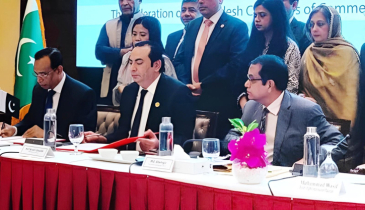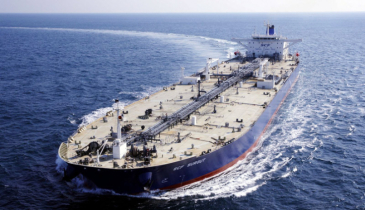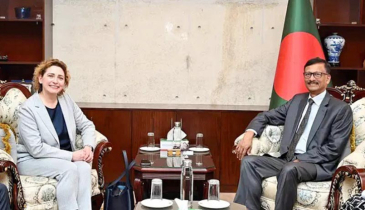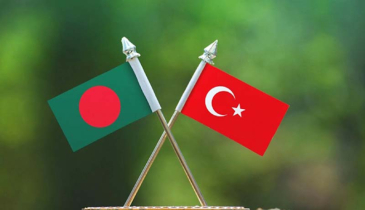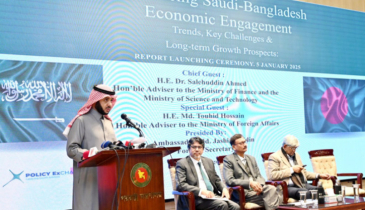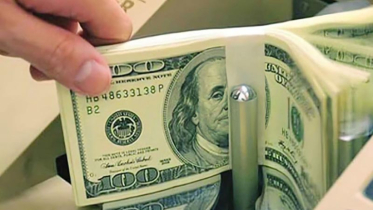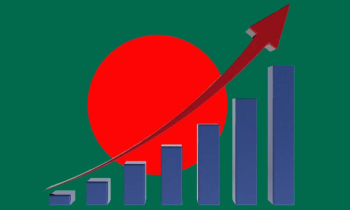Bangladesh cuts cash incentive for exporters further

The government of Bangladesh has further reduced export subsidies for nearly all sectors in an effort to lessen the financial burden on the state and encourage exporters to compete globally without state support after the country graduates from least developed country (LDC) status in 2026.
In the previous fiscal year from February to June, the government provided cash assistance ranging from 1 percent to 15 percent on export earnings to help exporters maintain a competitive edge in international markets. The highest rate had been 20 percent.
Starting from the 2024-25 fiscal year, which begins today, the maximum export incentive rate has been set at 10 percent, with the minimum at 0.3 percent, according to a notice from the Bangladesh Bank.
For apparel makers, the cash assistance on export earnings has been reduced to 0.30 percent from 0.50 percent. Additionally, the cash subsidy for exploring new markets has been cut from 3 percent to 2 percent.
This reduction in export incentives affects various sectors, including jute and jute products, leather and leather goods, frozen fish, and agricultural products.
This adjustment aligns with the World Trade Organization's (WTO) stance that cash incentives are considered export subsidies. Once an LDC transitions to a developing nation, it cannot continue these cash incentives under the WTO's Agreement on Subsidies and Countervailing Measures.
Bangladesh is scheduled to become a developing nation in 2026. The country began reducing export subsidies in February this year.
.png)


